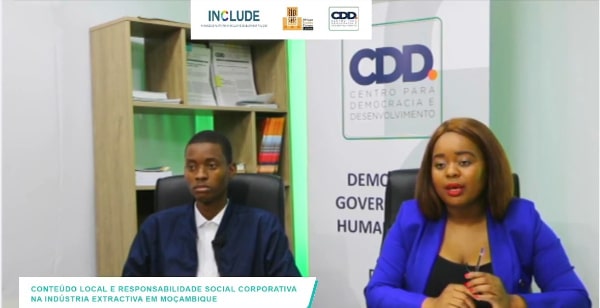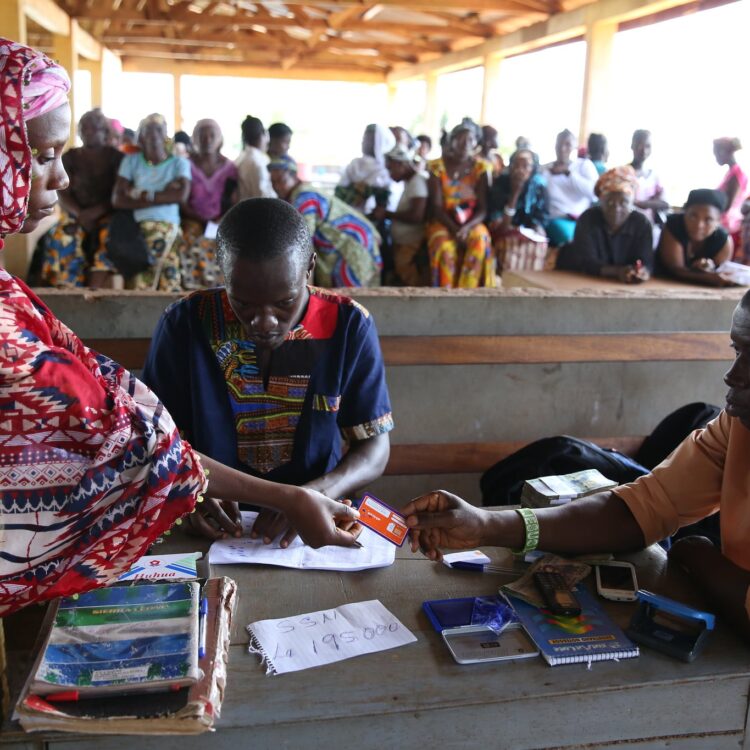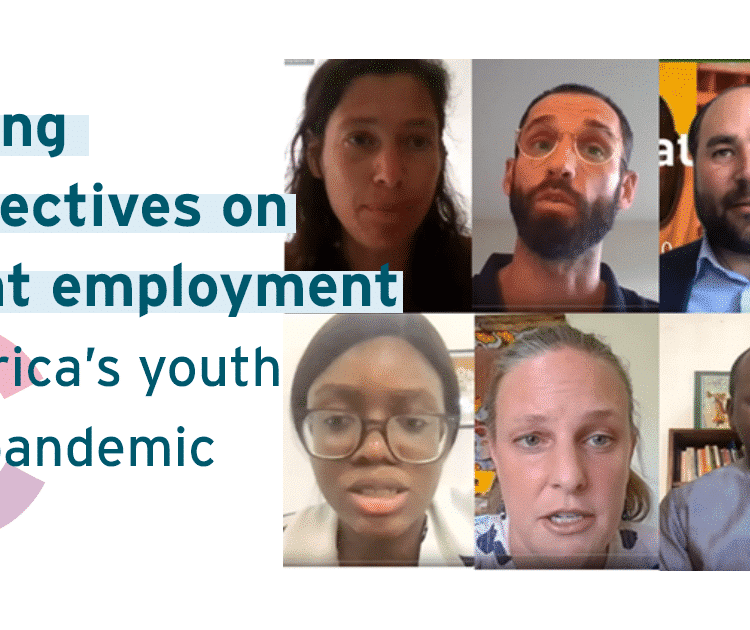
As part of INCLUDE conference 2021 themed ‘Building forward more inclusively’, the Platform held a session on African Policy Dialogues on 16 June 2021. The session was held at the backdrop of challenges and opportunities occasioned by COVID-19 and the greater role that local actors played in mitigating effects of the pandemic. During the session, APD leaders, Platform Members, researchers, policy makers and practioners from Africa and the Netherlands discussed how APDs engaged with policy makers to ensure that the policies and administrative actions taken were informed by evidence and local priorities. The key messages from the discussion are as follows.
In Mozambique, the APD engaged the government on the need for inclusive policies based on local evidence of limited health infrastructure and rising vulnerability due to job losses. In particular, the APD in Mozambique urged the government to include social protection programmes in COVID-19 interventions to enhance inclusivity. In response to COVID-19, the Mozambican government initial intervention failed to base its policy response on local realities and focused preliminary on macroeconomic stabilization without due consideration to social protection instruments. Later, the government shifted its focus to social protection and discussed the potential to use mobile money for cash transfers to the vulnerable people. Despite this change in discourse and policy focus, allocation of funds for social protection initiatives was minimal.
In Kenya, the APD urged the government to consider different strategies to ensure that all learners including those with special needs were reached. When schools closed down due to the pandemic, the government introduced community-based learning and used digital platforms for teaching and learning. However, community-based learning was halted after the high court ruled that this mode is not backed by any policy. The APD in Kenya discussed with the government the policies which were required to facilitate community-based learning. Further, the APD in Kenya on the status of learning and parental engagement during school closure found that about a third of learners accessed learning via television and about 53.4% via radio. Finally, when schools re-opened in September 2020, the APD discussed strategies to ensure that learners who had not reported were reached and encouraged to continue with their studies. In this regard, the APD urged stakeholders to support learners who had experienced different challenges during the pandemic.
In Ghana, due to minimal progress with the implementation of decentralized reforms, the APD promoted democratic local governance for economic transformation. In 2019, after the national constitutional reforms referendum was cancelled, the APD hosted several dialogues with actors to continue with the local government reform. In 2020, the APD researched on the effectiveness of local governments COVID-19 interventions. Findings revealed that local governments actions were not effective due to weak capacity and the overbearing central government. From the APD, there is need for policy reforms to enhance the effectiveness of local governments. The APD also shifted its engagement from face-face to the use of digital platforms by digitally launching a programme on COVID-19, local resilience and decentralization, which they are trying to turn into a weekly broadcast with a major news outlet. This action increased the frequency of engagement with policy makers and reached more actors.
The floor discussion reiterated the need to move forward more inclusively by learning from the experiences of the past year. These lessons are:
- Prioritizing local contexts fits well within the Netherlands Ministry of Foreign Affair’s debate on localization as a new strategic lens and provides avenues for engagement and collaboration.
- Localization is more likely to yield appropriate interventions as was in the case of Mali which was facing multiple challenges.
- Use of technology to safeguard against disruptions by use of technology in mitigating pandemics in areas such as education and cross-border trade. This requires improvements in internet connectivity and electricity supply.
- There is a need for targeted social protection programmes such as cash transfers to those affected by market disruptions.
- Fiscal space is important in dealing with emergencies and national governments should consider opportunities to create resilient fiscal space.
- Strategies for post COVID-19 economic recovery include protection of private investments, regulation of markets, stepping up digital physical infrastructure and domestic resource mobilization.



